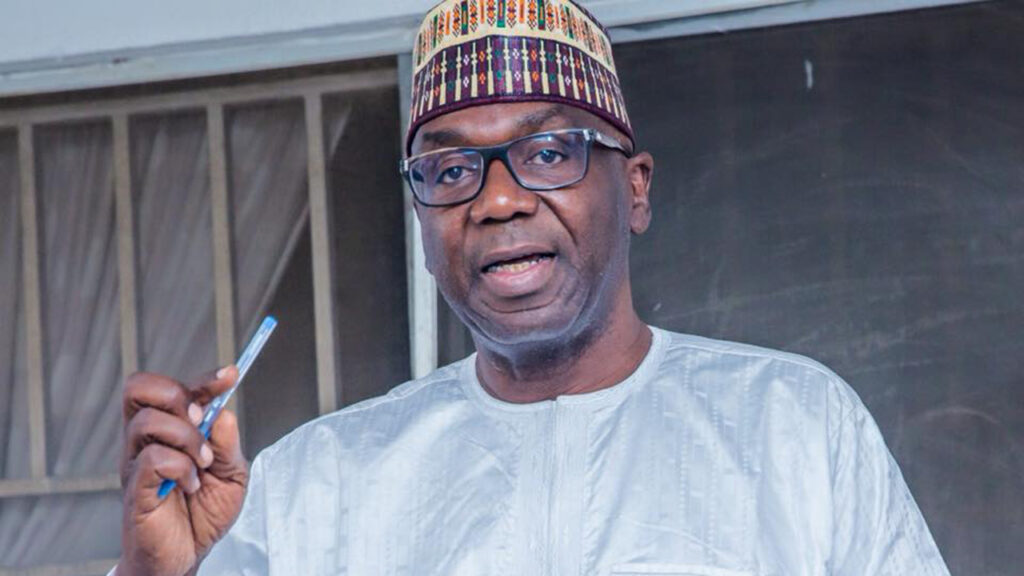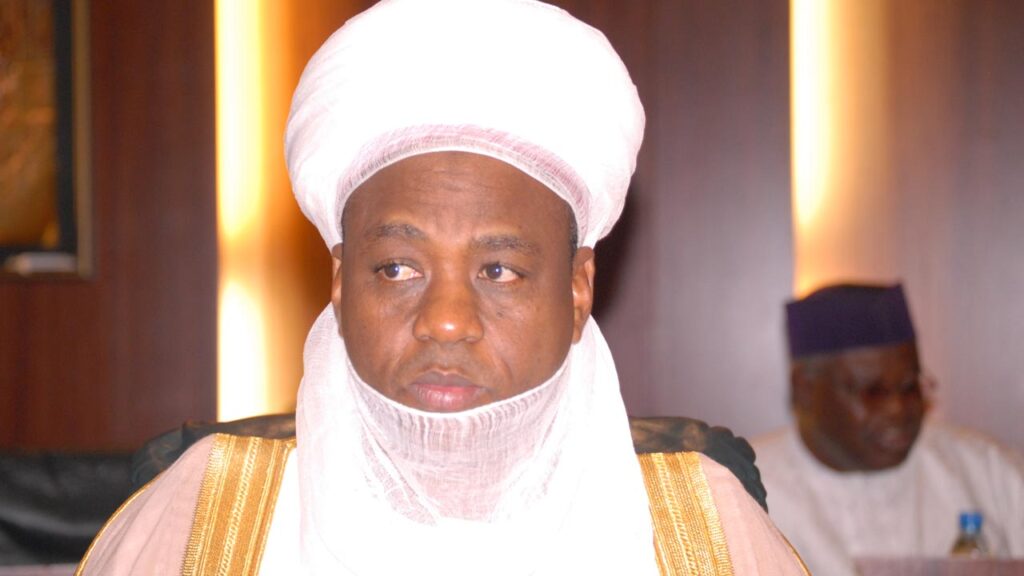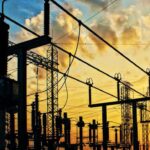
• Experts seek investment in modern equipment
Transmission Company of Nigeria (TCN), yesterday, blamed the low generation capacity in the country on recurring national grid collapses.
The facility has crashed over 150 times since privatisation in 2013 of the nation’s public utility.
This year alone, the grid has collapsed two times, even as most stakeholders have described the transmission part of the electricity supply industry as the weakest link.
Lately, with the liquidity crisis and limited gas supply to power stations, most power plants have been experiencing downtimes, as the most populous black nation rations about 3,000 megawatts available on the grid.
The network’s unreliability has already created a dysfunctional market structure, where most industries that can pay for electricity, are disconnecting and sourcing alternative solutions.
Currently, only about 20 per cent of commercial customers are on the grid, while over 80 per cent are unviable residential customers.
General Manager, Public Affairs at TCN, Ndidi Mba, in a statement, stressed the need for consistent gas availability to sustain optimal generation and facilitate easier grid management.
That development will, according to her, reduce system disturbances, noting: “Low power generation substantially increases grid fragility.”
She said her agency was committed to managing the grid and ensuring stability amid ongoing challenges like the persistent low gas supply affecting power generation into the grid.
Mba stated: “In addition to gas supply challenges, TCN faces various sector-specific hurdles, some impact other players in the value chain, but invariably affect grid stability. Vandalism is a persistent challenge, as seen in the first quarter of 2024 alone, in which five significant vandalism incidents disrupted transmission operations, necessitating emergency repairs and, in some cases, complete tower reconstruction and/or transmission line replacement due to acts of vandalism.
“These highlight the critical need for increased community support and vigilance in protecting transmission infrastructure.”
She sought increased vigilance, particularly in the Zuba area, following alerts of a planned attack on TCN facilities in the Federal Capital Territory (FCT) locality.
The spokesperson implored residents to remain vigilant and report suspicious activities around power facilities in their domains for uninterrupted power supply.
MEANWHILE, sectoral players have implored the Federal Government to prioritise investment in modern power infrastructure to mitigate the frequent system grid collapses.
They advised in separate interviews with the News Agency of Nigeria(NAN) yesterday in Lagos.
National Coordinator, Coalition for Affordable and Regular Electricity (CARE), Chinedu Bosah, said system collapse could be stopped by reversing the privatisation programme and investing more in modern power infrastructure.
He added that the investment must be carried out transparently, under the democratic control of workers and consumers to check corruption and inefficiency.
Bosah added that if transmission infrastructure must be upgraded, it requires massive investment that must be pursued to achieve public interest.
His words: “If the ruling elite continues to see investment from the point of personal enrichment, very little will be achieved.
“Hence, all subsequent investments must not be determined and handled by the corrupt bureaucracy.”
According to him, the whole gamut has to be people-oriented, transparent and managed by workers and consumers if it must achieve its set goals.
To the Chairman of the Customer Consultative Forum of Festac/Satellite Town, Akinrolabu Olukayode, a thorough audit of past investments is imperative.
He alleged that there has been a diversion of funds into private pockets, hence the need for a change in management.
He suggested an injection of fresh talents to combat corruption and inefficiency.
Olukayode said: “There is no way that you will obtain a different result when you keep adopting the same approach.
“It is when you change the approach that you can visibly obtain a different result. It is crystal clear that the huge investment in the energy sector is diverted into private purses for personal gains.”
He noted that the accumulated effects of consistent failure to utilise budgeted funds for maintenance of the national grid are responsible for the collapses.
“The projected increase from 3,500MW to 6,500MW in the next six months is doable and feasible.
“The power generating plants in Nigeria have 11,165MW capacity.
“There are 23-26 power generating plants, out of which Jebba and Shiroro are hydro plants, suffering water management presently.
“The largest power plant (Egbin) is having a shortfall of 514MW and Geregu, 230MW, and many others.
“If the management of gas and water supply is adequately tracked and maintained with 11,165MW capacity, the realisation of 6,500MW will be a walkover for the minister without any further ado,” Olukayode added.
He said TCN’s privatisation might be an option but not necessarily the most appropriate panacea to the lingering power shortage.











